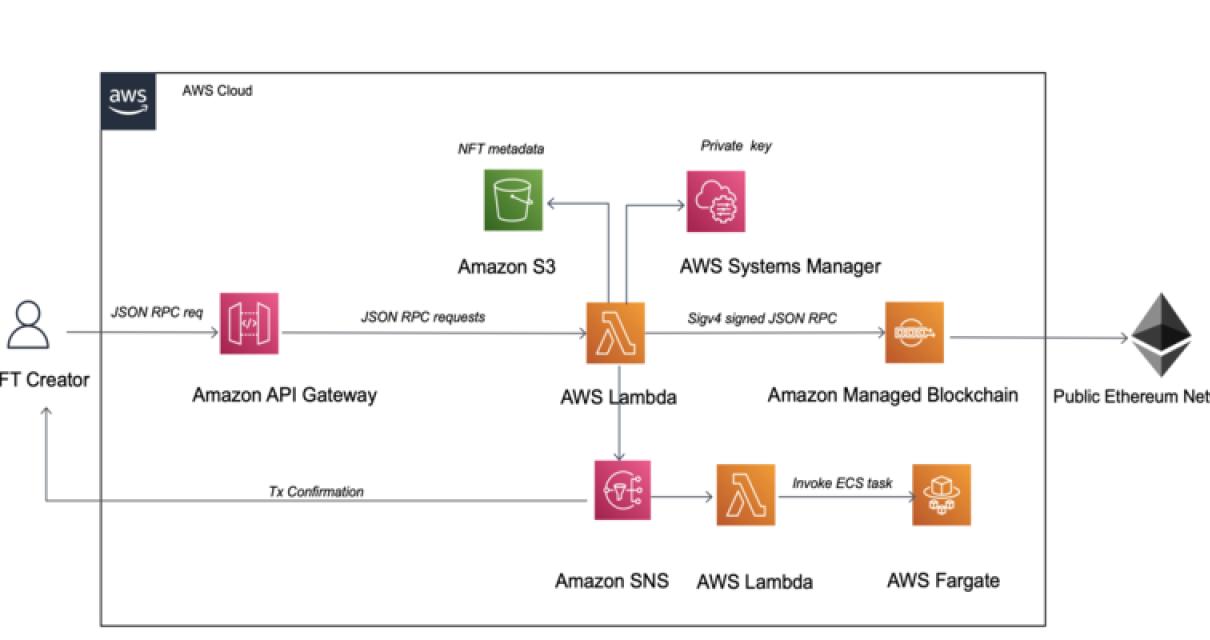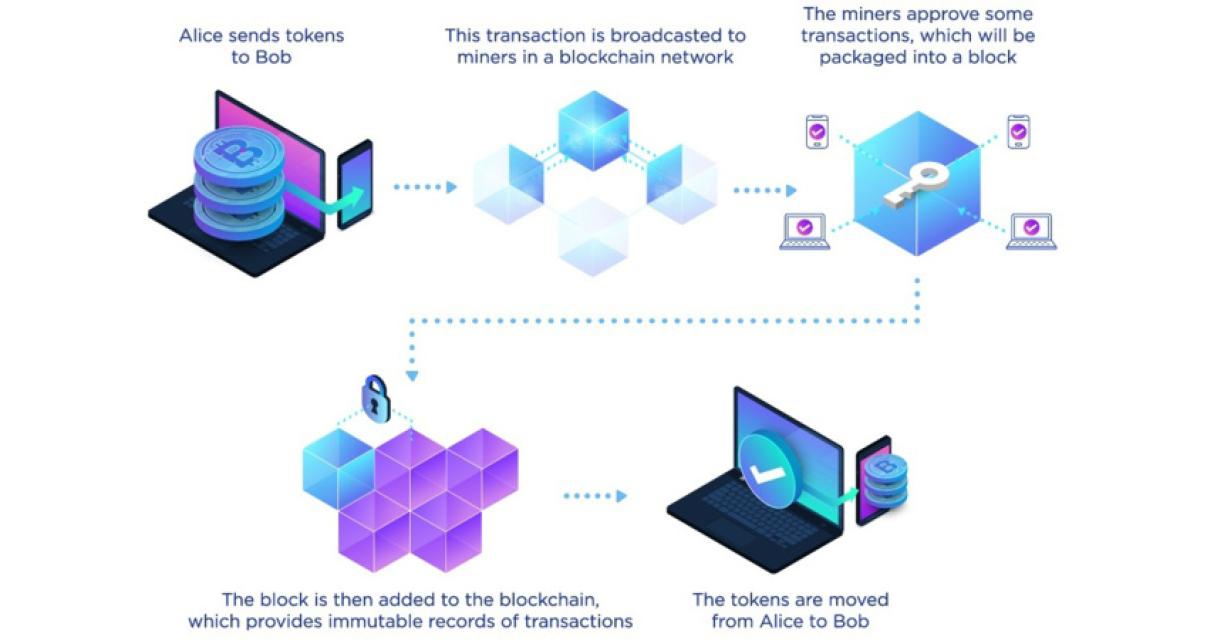What is a blockchain?
A blockchain is a digital ledger of all cryptocurrency transactions. It is constantly growing as "completed" blocks are added to it with a new set of recordings. Each block contains a cryptographic hash of the previous block, a timestamp, and transaction data. Bitcoin nodes use the block chain to differentiate legitimate Bitcoin transactions from attempts to re-spend coins that have already been spent elsewhere.
What is an NFT?
An NFT is an Ethereum-based asset that can be used to represent any type of digital asset. NFTs can be stored on the Ethereum blockchain, and can be traded and used just like any other digital asset.
How do blockchain and NFTs work together?
Blockchain technology is used to create and manage digital assets, such as NFTs. In order to use blockchain to store and manage NFTs, a platform must be developed that allows users to exchange and trade NFTs.
The benefits of using blockchain for NFTs
There are a number of benefits to using blockchain technology for NFTs.
First, blockchain is a trustless system, meaning that it is impossible to tamper with the data stored on the blockchain. This is important because it allows for the safe storage of NFTs without the fear of them being compromised.
Second, blockchain is an immutable system, which means that once a transaction has been recorded on the blockchain, it cannot be changed or deleted. This is important because it ensures that the information stored on the blockchain is accurate and reliable.
Third, blockchain is a transparent system, which means that everyone who has access to the blockchain can see the details of all the transactions that have taken place. This is important because it allows for a clear understanding of the ownership of NFTs and provides transparency into the financial transactions that take place in the blockchain ecosystem.
Finally, blockchain is a secure system, which means that it is difficult for anyone to tamper with the data stored on the blockchain. This is important because it protects the NFTs stored on the blockchain from being compromised.

The potential of blockchain-based NFTs
There are several potential applications of blockchain-based NFTs.
One application is as a way to securely store and share digital assets. For example, a company could use blockchain-based NFTs to store shares of stock, royalties, or other valuable assets.
Another application is as a way to timestamp and certify digital assets. For example, a company could use blockchain-based NFTs to timestamp a document such as a contract. This would help prove that the document was created at the correct time and date, and would prevent tampering.
Yet another application is as a way to track the ownership of digital assets. For example, a company could use blockchain-based NFTs to track the ownership of a digital asset such as a digital file. This would help ensure that the asset is not stolen or tampered with.
Overall, blockchain-based NFTs have the potential to revolutionize the way we store and share digital assets.
How to create a blockchain-based NFT
There is no definitive answer, as the process of creating a blockchain-based NFT will vary depending on the specifics of the case. However, some tips on how to create a blockchain-based NFT may include:
1. Creating a prototype of the NFT. This will help to ensure that the NFT's design is correct and meets all of the necessary requirements.
2. Creating a blockchain platform to house the NFT. This will allow for secure and transparent storage and management of the NFT.
3. Developing a functional application or service that uses the NFT. This will allow users to access and use the NFT.

The future of blockchain-based NFTs
There is no doubt that blockchain-based NFTs have the potential to revolutionize the way we interact with digital assets. As the technology continues to develop, we can expect a number of new applications for NFTs, including:
-Ethereum-based applications that allow users to manage and trade assets securely and transparently
-New ways to store and exchange assets
-New ways to monetize digital assets
-New ways to verify and secure digital assets
As blockchain technology continues to develop, we can expect to see a significant increase in the use of NFTs. It is exciting to see the potential implications of this technology, and we are looking forward to seeing what the future holds for blockchain-based NFTs.
Why use blockchain for NFTs?
There are many potential benefits to using blockchain technology for NFTs. One benefit is that blockchain can provide a secure and transparent platform for managing and exchanging NFTs. Additionally, using blockchain for NFTs can help to ensure that NFTs are correctly identified and owned by the correct parties. Finally, using blockchain for NFTs can help to ensure that NFTs are not tampered with or destroyed.